The world has always been full of odd jobs and different ways to make a living. While millions of people might consider their work today to be fulfilling, this wasn’t always the case. Long before the days of computers, modern medicine, and the internet, there was an entirely different set of jobs you could hold. With this in mind, let’s take a look at some actual jobs from history that sound crazy today.
Knocker Upper
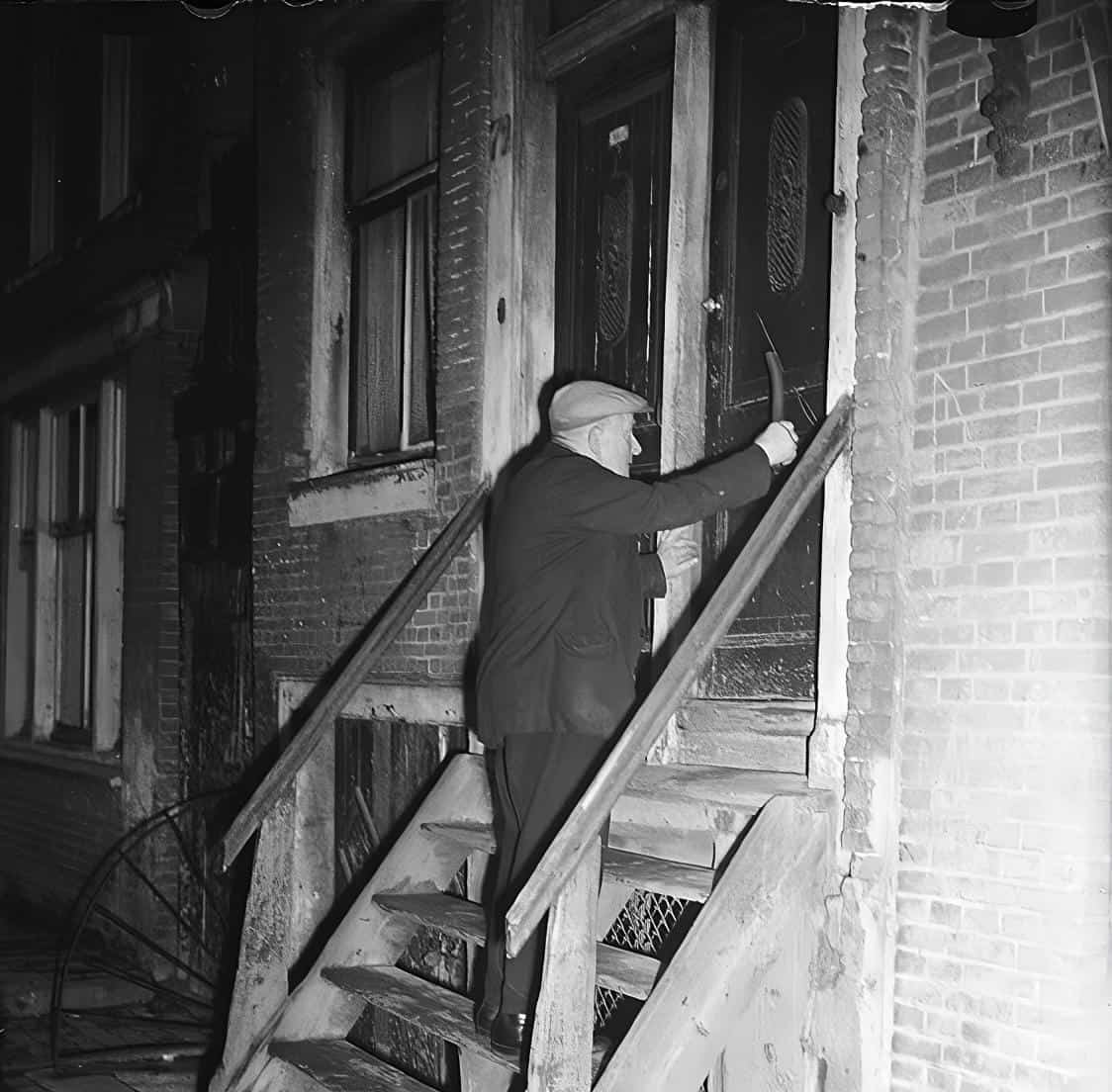
©IISG / Creative Commons Attribution-Share Alike 2.0 Generic license – Original / License
Long before the days of alarm clocks, a knocker-up or knocker-upper would tap on your window at the appointed time. Popular in Britain and Ireland during the 19th century, the knocker-upper would tap on your window using a bamboo stick.
Lector
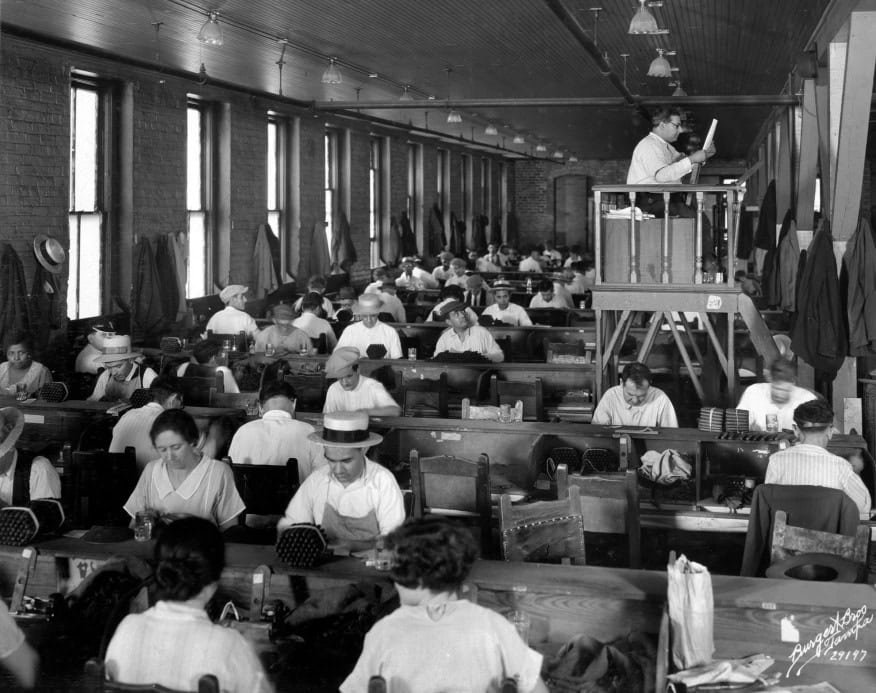
©Burgert Brothers. Burgert's Studio – Tampa, Florida / Public Domain – Original / License
To reduce the monotony of factory work, factories would hire a lector. The hired individual would look to read news, literature, or other material out loud to occupy workers. There are plenty of historical examples of factories going on strike if a lector was no longer available.
Milkman

©Dragon Images/Shutterstock.com
Long before the days of refrigerators being commonplace, the world had milkmen. This job was common in America, England, and other civilized nations during the 20th century. Every morning you would hear the steps of the milkman leaving warm milk at your door.
Pinsetter
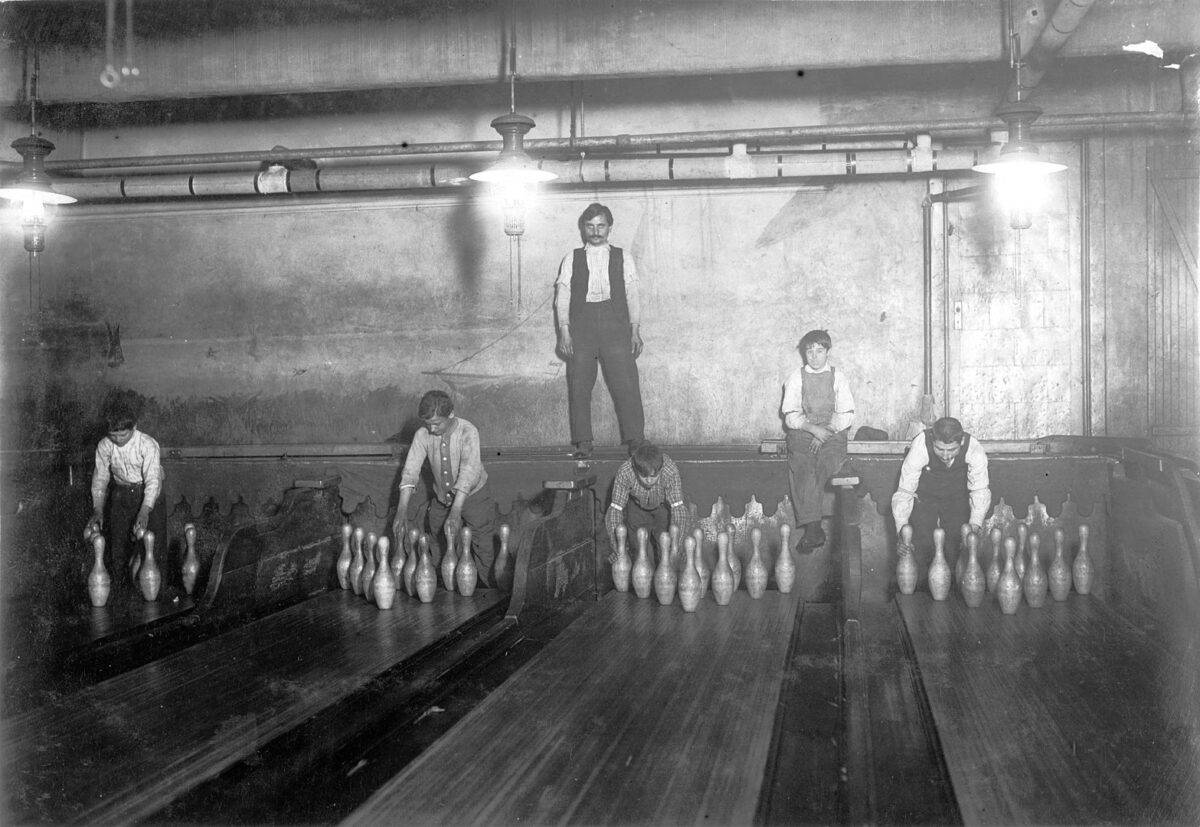
©Lewis Wickes Hine / Library of Congress – Original / License
Can you imagine going bowling these days and waiting for a pinsetter to put up all the pins? Before the invention of mechanical pin setters in 1936, young boys would reset pins after every turn. While attendants were still kept around after the mechanical pinsetter became commonplace, the need for full-time pinsetters was long past.
Ice Cutter
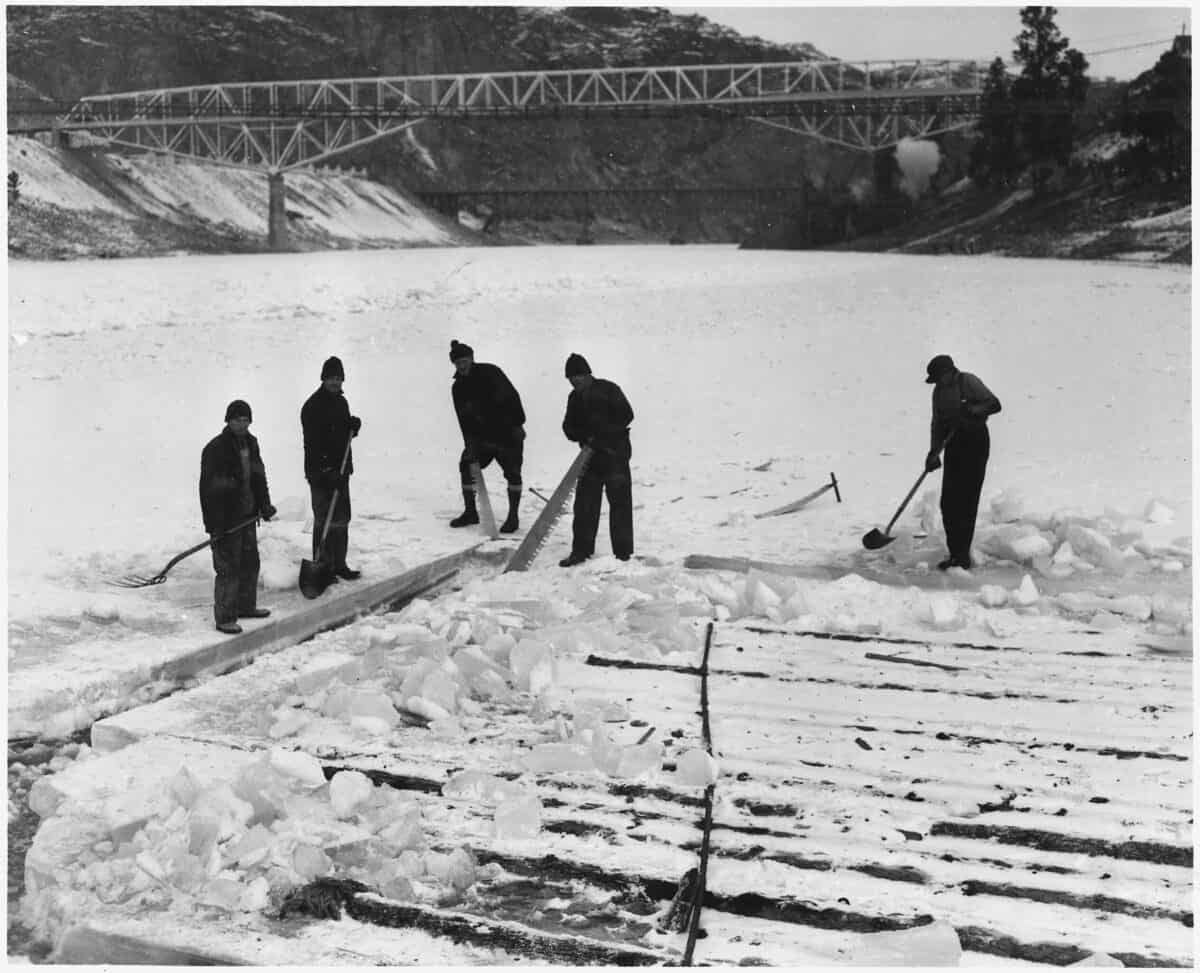
©U.S. National Archives and Records Administration / Public Domain – Original / License
In today’s world, you can go down to any grocery or gas station and find a bag of ice. As you might suspect, this wasn’t always the case. Getting ice used to be the role of an ice cutter, who would carve ice out of frozen lakes in the 19th century. During this time, men and women would cut up to 1,500 tons of ice in one day and transport it via train around the country.
Whipping Boy
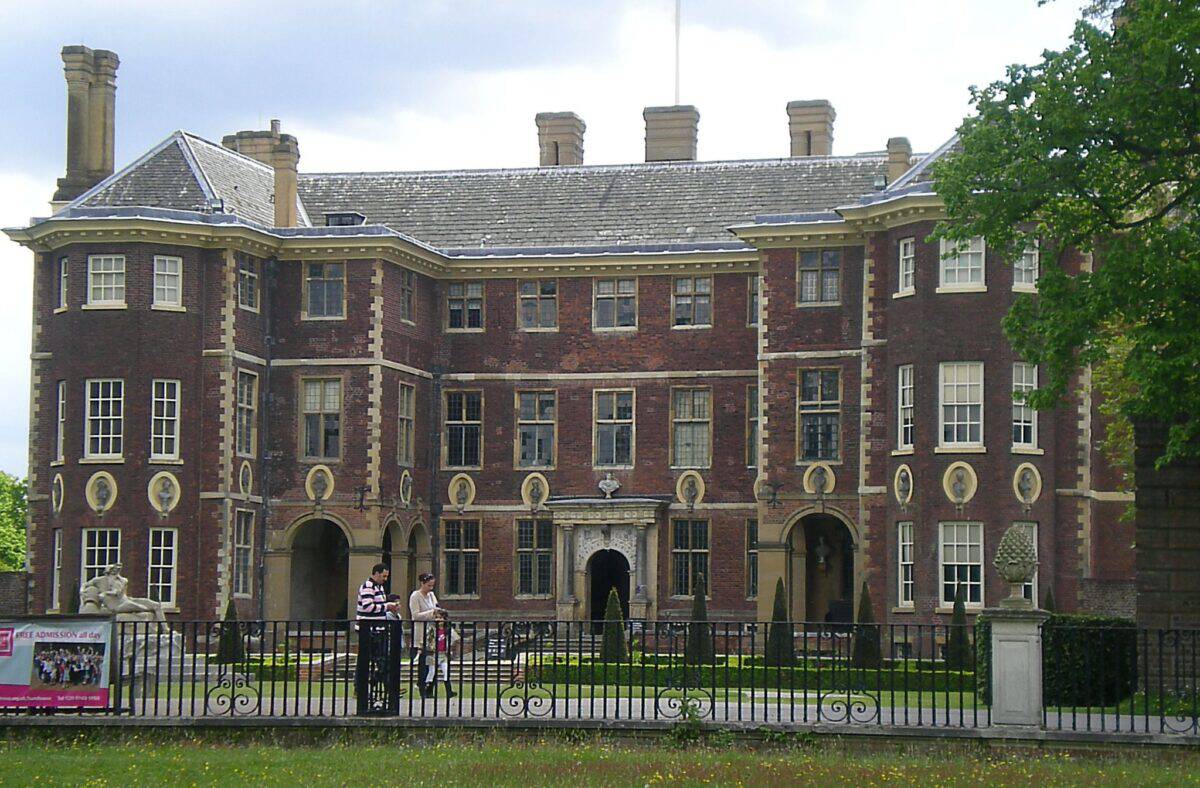
©tedesco57 / Flickr – Original / License
Historically, when a young prince misbehaved, it was against royal protocol to spank them. Instead, a “whipping boy” was hired to take the beating or spanking on behalf of the prince. While this sounds crazy, there are many stories of whipping boys and princes growing up together with strong bonds. It’s also not uncommon for princes who became kings to reward their whipping boys with wealth.
Lamplighter

©VOJTa Herout/Shutterstock.com
Long before the days of electric street lights, street lights had to be manually lit every night. Can you just imagine the work that went into lighting up to thousands of lamps in London every single evening? Thankfully, this job was considered important work and fathers usually passed the role down to their sons. As soon as electricity and light bulbs became commonplace, the lamplighter role fizzled out.
Elevator Operator
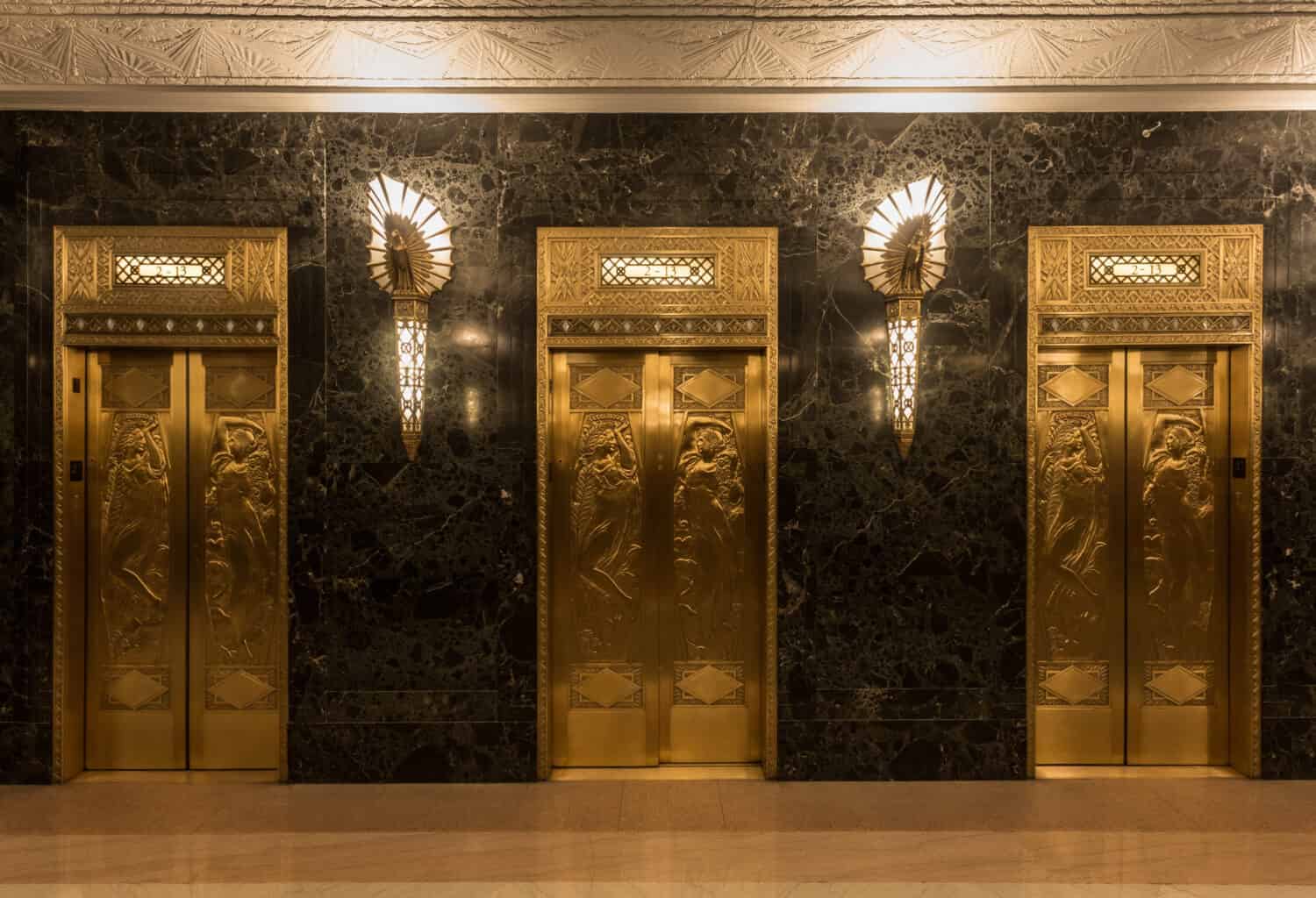
©R. Wellen Photography/Shutterstock.com
Before the days of automatic elevators in the 1950s, an elevator operator was commonplace. This role was hugely important to help control how many people got into a single elevator car, or how long the doors stayed open. Elevator operators can still be found in very rare scenarios, but for the most part, the automatic elevator has made this role extinct.
Computer
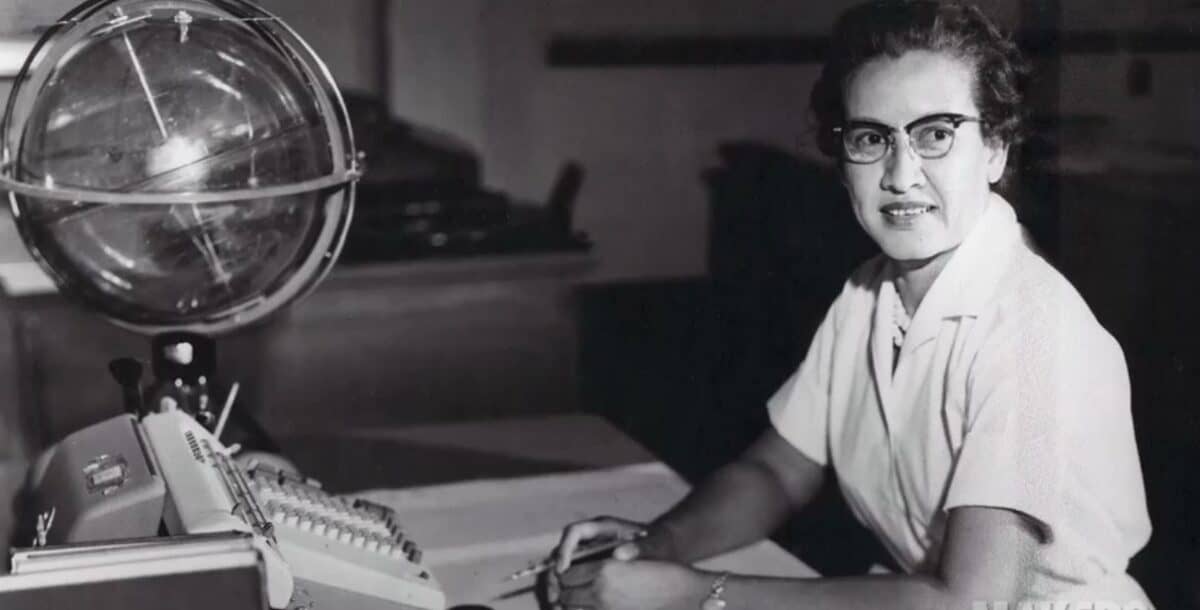
©NASA / Public Domain – Original / License
While the word “computer” means something different to us today, this wasn’t always the case. Historically, as far back as the 17th century, a computer was a woman who would manually calculate figures and numbers. This job was very important until desktop computers became commonplace.
Leech Collector
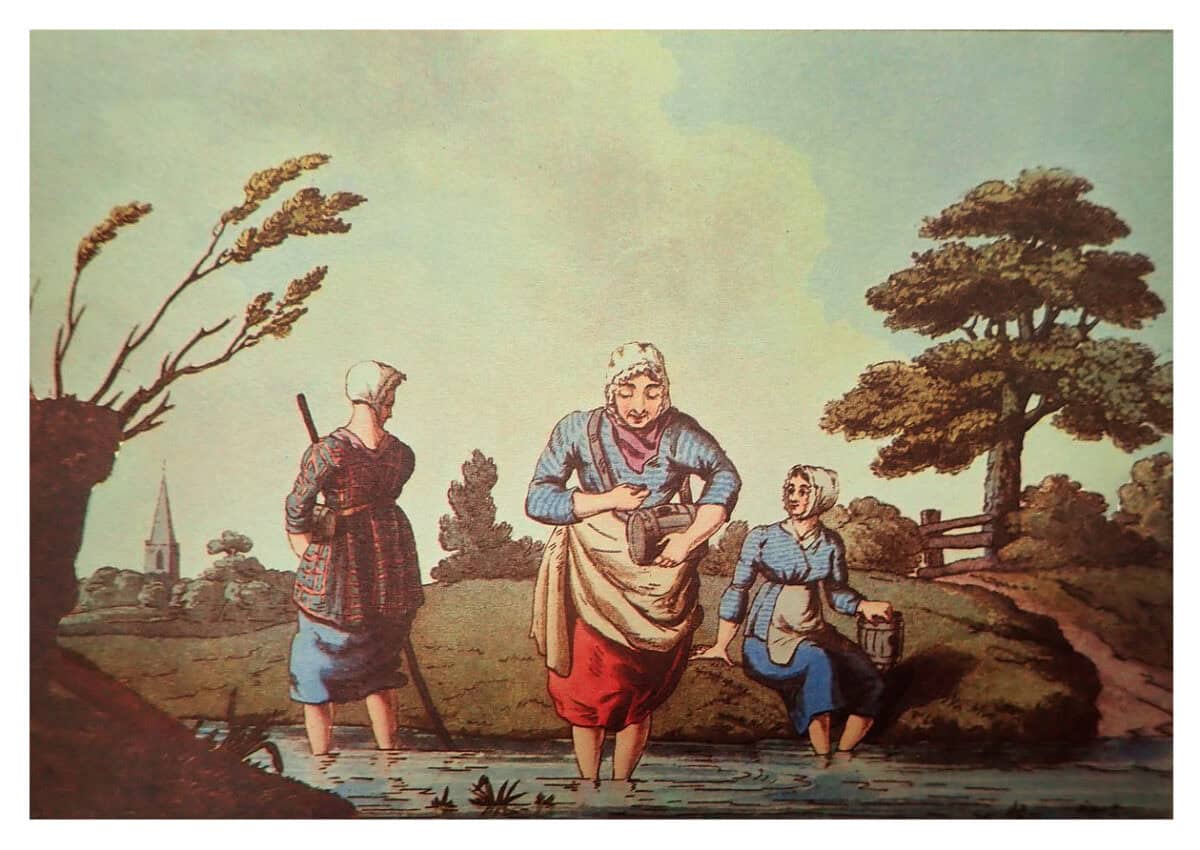
©George Walker / Creative Commons CC0 1.0 Universal Public Domain Dedication – Original / License
During the 19th century, it was widely believed that leeches had medicinal properties. Whether it was sucking toxic blood from your system or pulling disease out, being a leech collector was a real job. As diseases continued to spread, the function of leech collectors faded away.
Faker
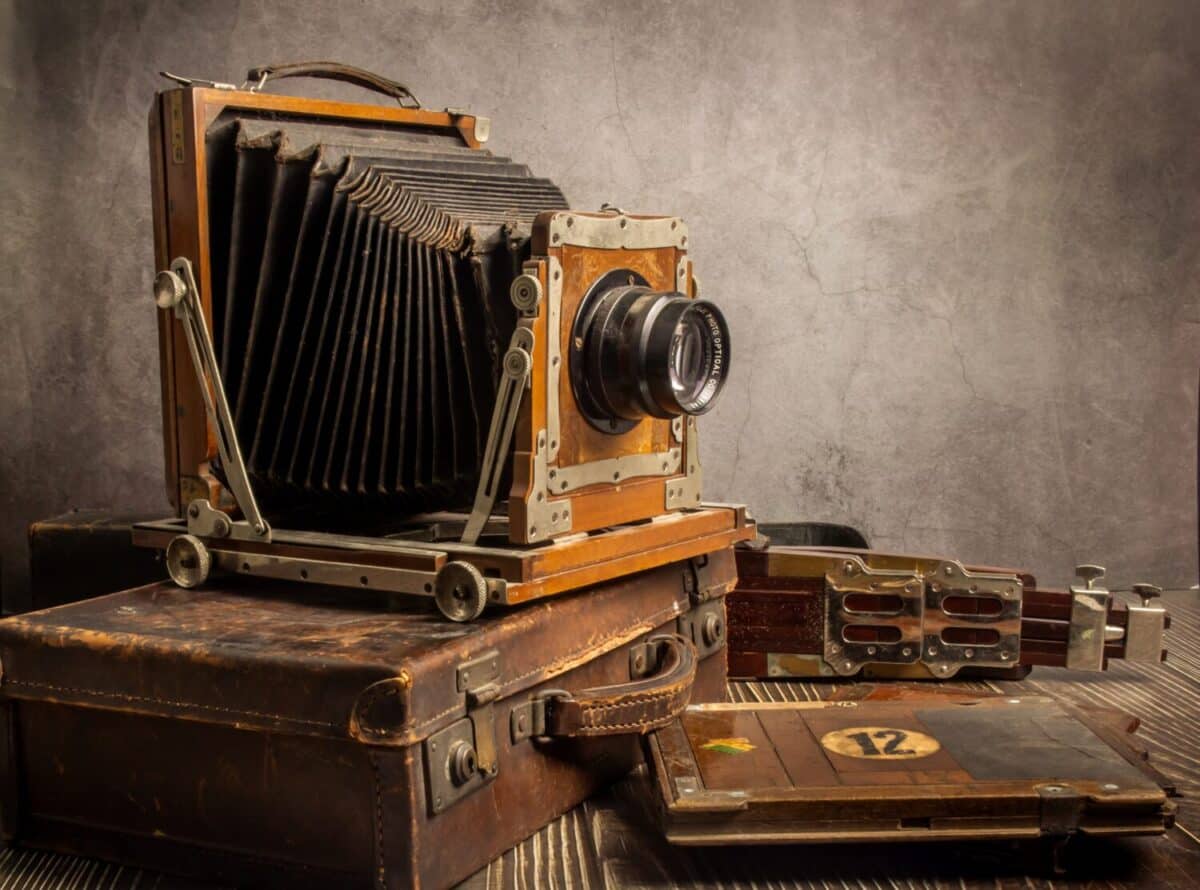
©KAVIN Photo Art/Shutterstock.com
Long before color photos were commonplace, a Faker would colorize black and white photographs. There is no doubt this was an obscure job, but it’s crazy to think of someone trying to colorize a photo. While there are still some who try and do this through computers, this job was done completely by hand.
Powder Monkey
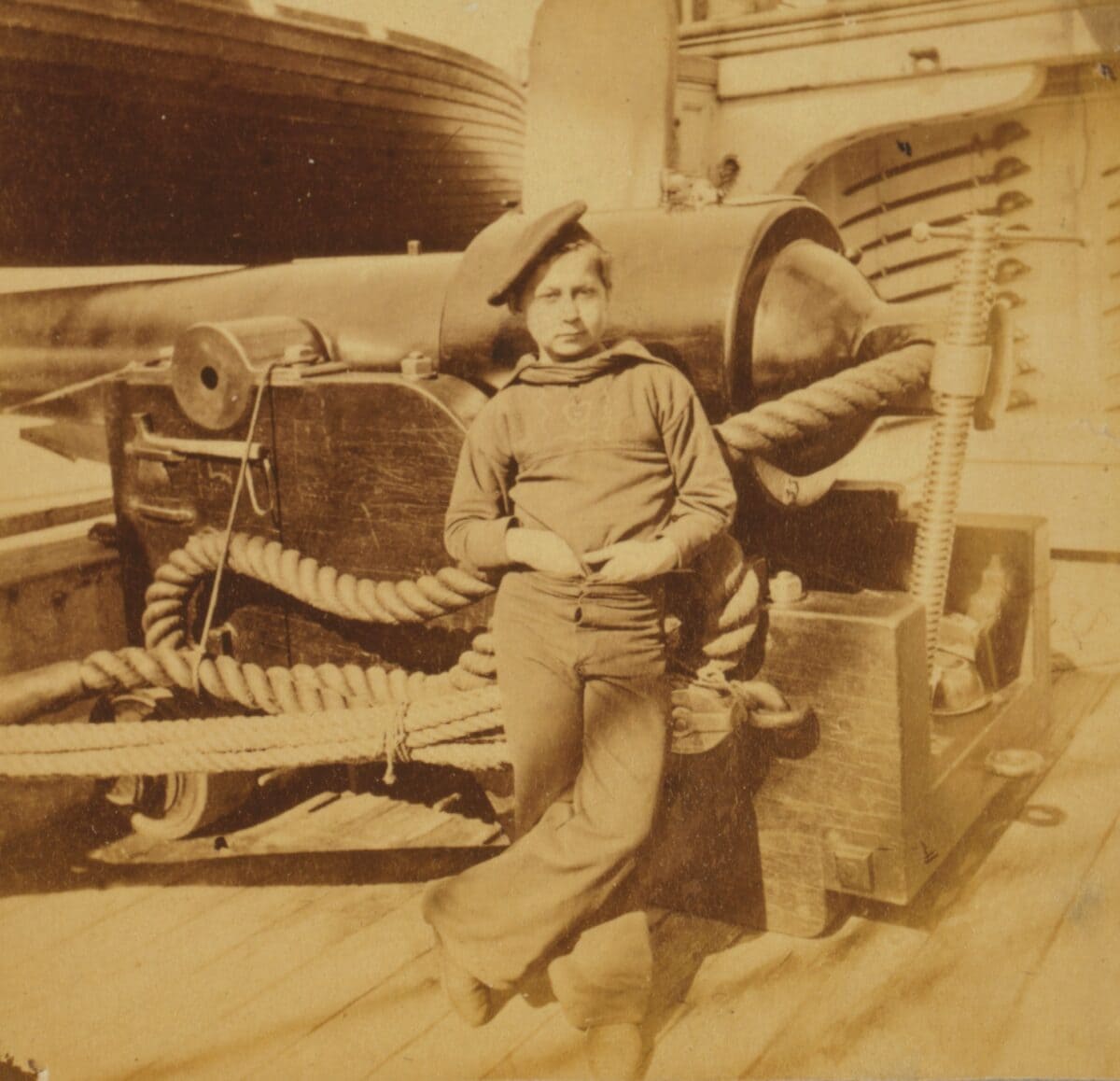
©Civil War Glass Negatives / Public Domain – Original / License
Back during the days of seafaring military battles, a powder monkey or powder boy worked on naval gunships. It was the job of a powder monkey to stuff gunpowder into a cannon. The job was usually the work of a boy aged between 12 and 14. This role was selected based on boys speed and height and they held no official rank on a ship.
Town Crier
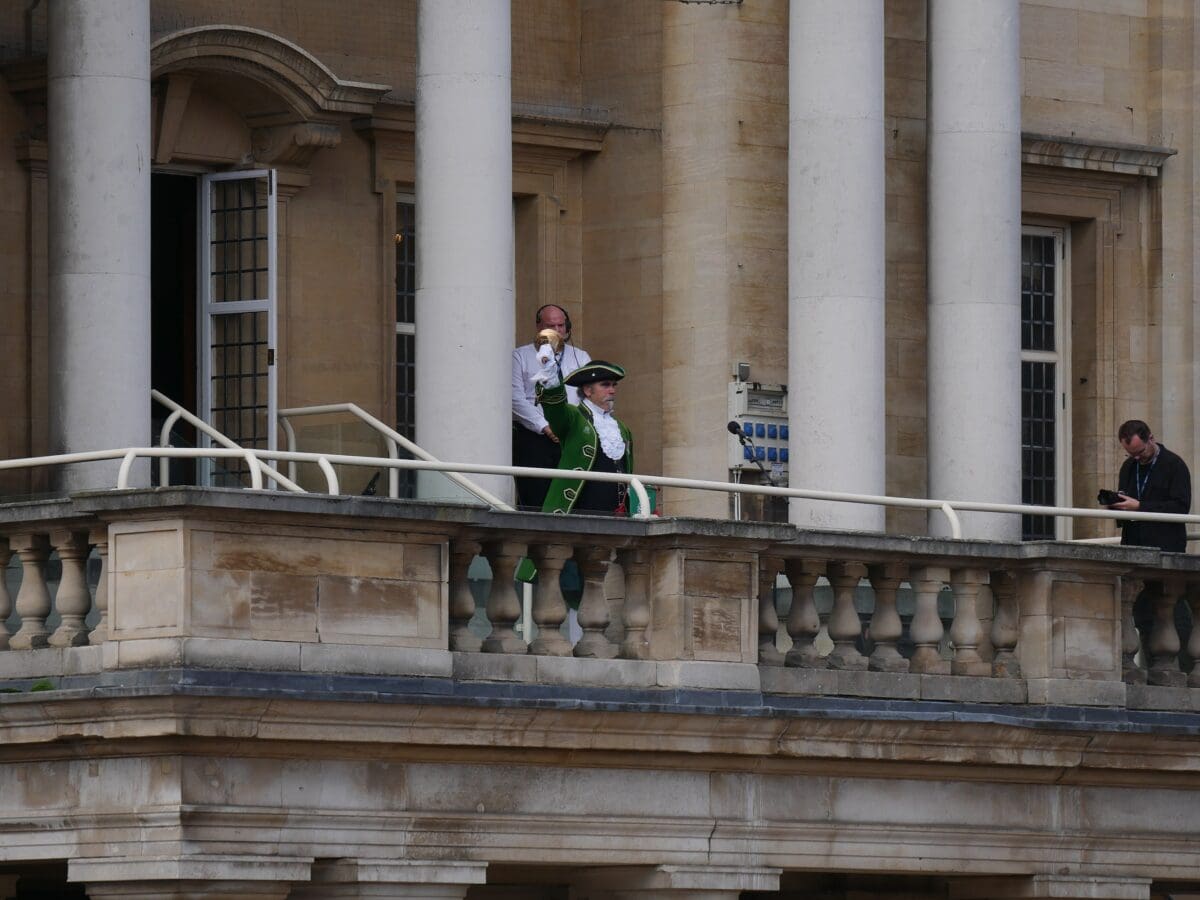
©Hullian111 / Creative Commons Attribution-Share Alike 4.0 International license – Original / License
Long before the days of television and social media, a town crier was how news was delivered. This profession dates back to the 18th century. Town criers were well known for their booming voices and ability to stand for hours at a time. Of course, the rise of television and radio news ended the need for a town crier.
Knocknobbler

©dezy/Shutterstock.com
The idea of being hired to chase dogs out of a church might sound crazy, but it was a real role. The work of a knocknobbler was to shoo dogs away while church services were in session. A popular job during Elizabethian times, a knocknobbler is almost akin to animal control today.
Badgers

©Fern M. Lomibao/Shutterstock.com
No, not the animal, but the middleman who bought items from farmers and then sold them for a markup at a farmer’s market. This job, often regarded as starting in the 1500s, was well known for relentless sales tactics. The term “badger someone” is believed to have come from the work of badgers.
Chimney Sweepers
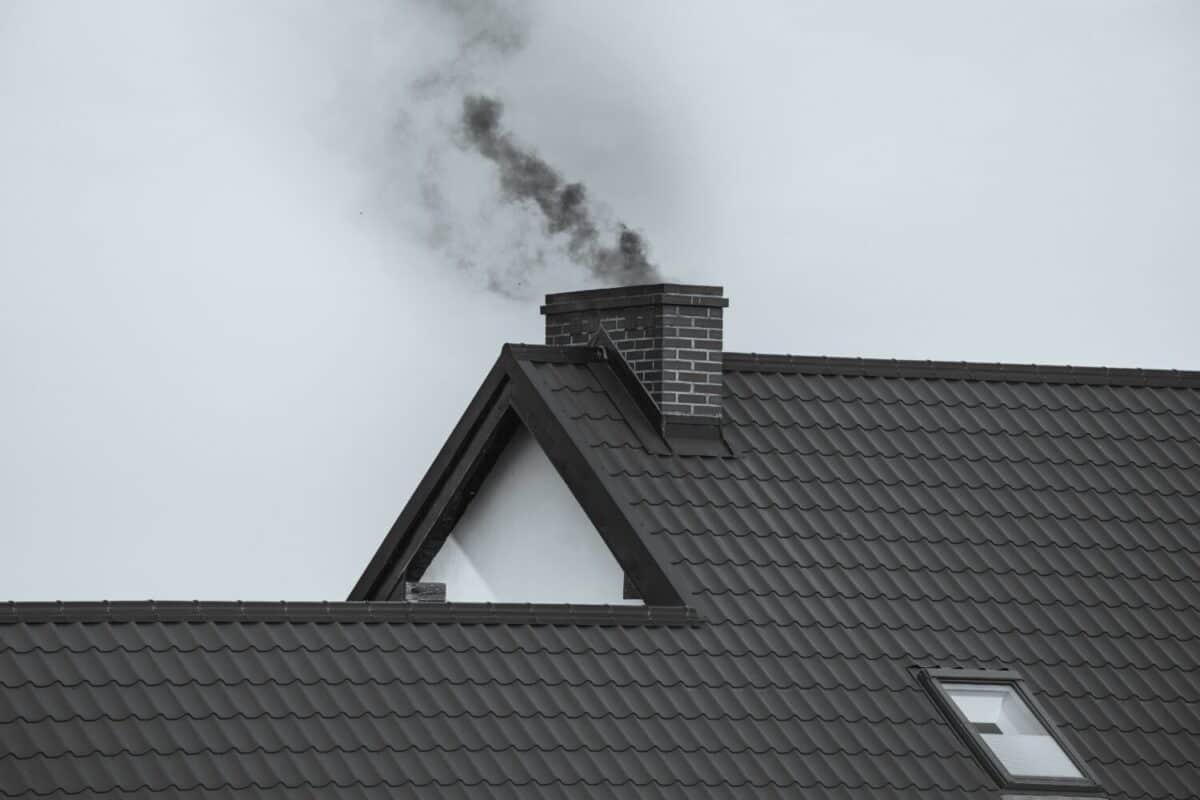
©alexgo.photography/Shutterstock.com
When the use of chimneys was the only way to heat a home, a chimney sweeper was a common role. Going as far back as 1803, the role of a chimney sweeper was very dangerous. Unfortunately, as younger boys could better fit into a chimney, they were the ones doing the actual cleaning. Unfortunately, the health risks of inhaling smoke would not be properly identified for years but was a clear danger.